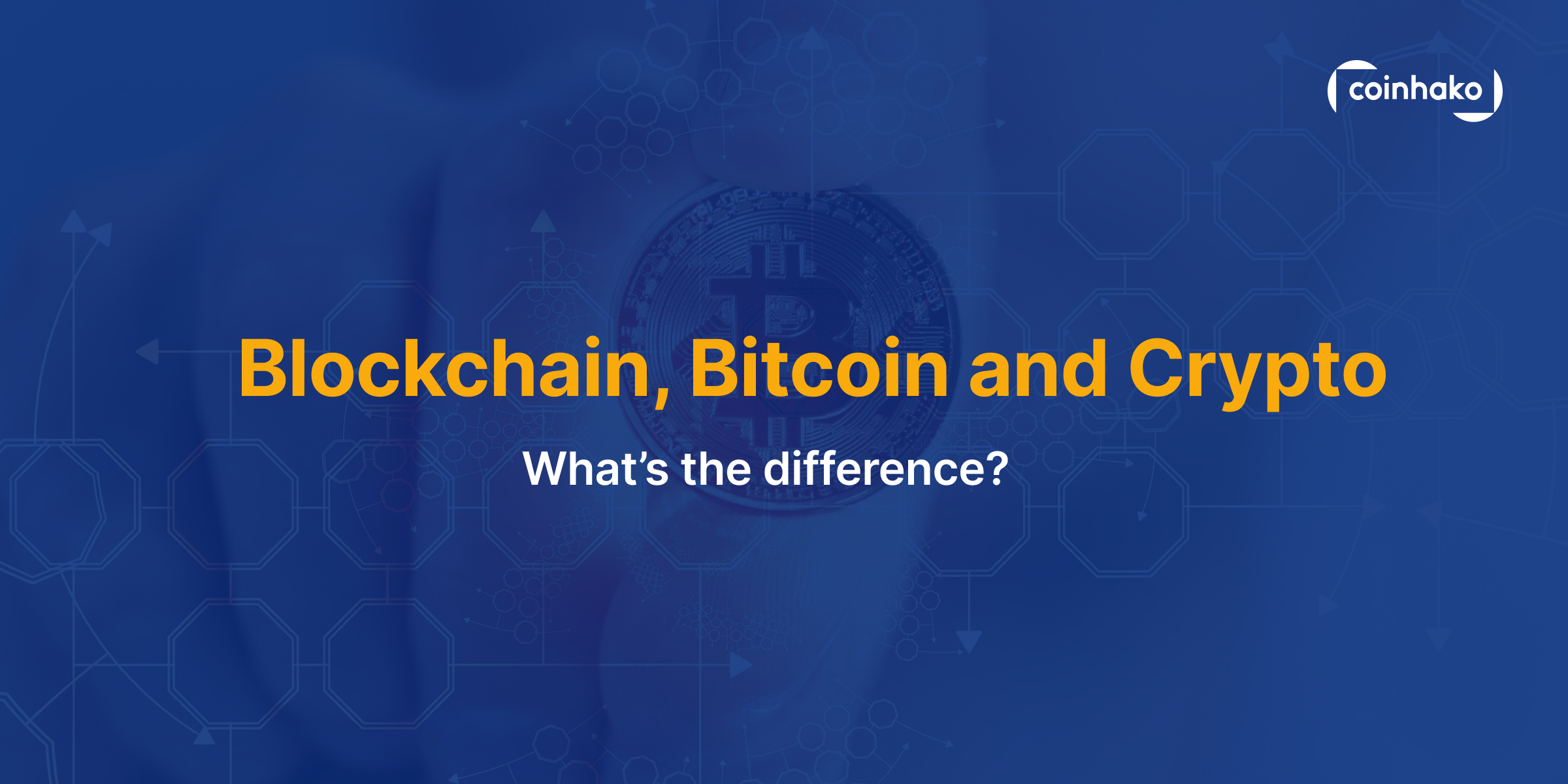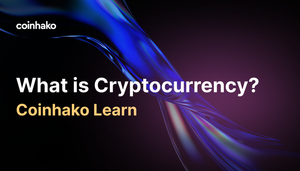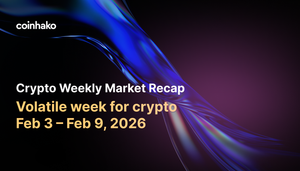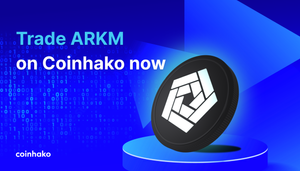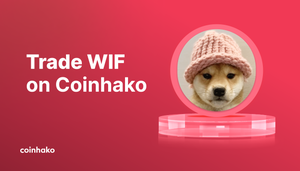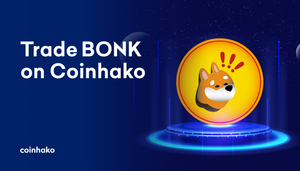If you’ve been keeping up with developments surrounding digital currencies over the last decade, you’ve probably heard of the term “blockchain”; the record-keeping, open source technology that backs the Bitcoin network.
Considering how ‘Bitcoin’, ‘Cryptocurrency’ and ‘Blockchain’ are all interlinked, it’s easy for the layperson to use them interchangeably. Today, each term has its subtle differences, and might refer to entirely different subjects. Here’s more on why they should not be used interchangeably!
Blockchain – An entire ecosystem beyond that of just cryptocurrencies
By definition, blockchain is a repository of interconnected digital information blocks, making up a database network (or the ‘chain’). This is the base technology that enables the open, distributed ledger that records transactions between two parties, that Bitcoin and other cryptocurrencies run on.
While blockchain may appear to be a rather nascent technology, its origins actually date all the way back to 1991, when two researchers, Stuart Haber and W. Scott Stornetta, attempted to create a system where document timestamps could not be tampered with.
However, it wasn’t until much later —18 years to be exact — that the technology envisioned by Haber and Stornetta saw its first real-world adoption in the form of Bitcoin.It has been fundamental to the development of cryptocurrencies, and adoption has grown beyond just that of Bitcoin. Today, ‘blockchain’ as a term encompasses this broader ecosystem, such as enterprise blockchain solutions, government blockchains and much more – it is no longer just isolated to the creation of alternative financial solutions.
Bitcoin – A type of cryptocurrency that uses blockchain technology
Created in the wake of the 2008 global financial crisis, Bitcoin surfaced shortly after the Lehman Brothers Holdings filed for bankruptcy protection; This was when people started losing trust in traditional financial institutions.
In the whitepaper that was published in 2009, Bitcoin’s pseudonymous creator(s) Satoshi Nakomoto introduced Bitcoin as an “a new electronic cash system that’s fully peer-to-peer, with no trusted third party.”
To ensure that Bitcoin transactions were verified properly, Nakomoto employed the use of ‘Proof-of-Work’, which relies on a decentralised system of computers.
Okay, but what does decentralization really mean?
In layman’s terms, decentralisation means not being controlled by a singular entity. In the case of the legacy financial system, a government or a financial institution controls the flow of monetary transactions – this is the opposite of decentralisation.
With blockchain technology, Bitcoin is able to verify and confirm transactions through a decentralised system of interconnected devices (also known as nodes) — similar to the way mobile banking applications allow us to send and receive fiat money.
Today though, blockchain has grown such that its uses are beyond that of just Bitcoin, and Bitcoin largely belongs to the cryptocurrency subsection – while still the most substantial – of the wider blockchain ecosystem.
Cryptocurrency – Cryptographically secured digital/virtual financial currency that is no longer just enabled by blockchain
Many people assume that crypto = Bitcoin.
On the contrary, there are more than 5000 cryptocurrencies that exist today. Many of which do not utilize blockchain technology, and some that might even deem blockchain as unnecessary for financial transactions.
What fully constitutes as a cryptocurrency is also increasingly blurred, as centralized digital currencies do not get the recognition of various cryptocurrency communities, and governments across the world have passed different definitions for the technology.
In Singapore, for example, cryptocurrencies are legally known as ‘Digital Payment Tokens’, and global regulatory organizations might define them as ‘Virtual Assets’.
Buy Bitcoin, Cryptocurrencies, and Blockchain Tokens At Coinhako.
At Coinhako, our mission is to make access to digital assets as easy as possible for everyone in Asia.
Whether they use blockchain technology, are owned by centralized entities, or any other technology, we endeavour to provide as many options as possible for all our users. Users today can access our wide range of digital token trading services on the Coinhako platform, Android and IOS apps, with local currencies in their country markets.
Coinhako Singapore
- Trade with the Singapore Dollar (SGD)
- Swap cryptocurrencies
- Store, Send, Receive with the Coinhako token wallets
Coinhako Vietnam
- Trade with the Vietnamese Dong (VND)
- Swap cryptocurrencies
- Store, Send, Receive with the Coinhako token wallets
Do stay tuned with us!
👀Remember to visit our blog for the latest updates, or
📩 Subscribe to our mailing list to have them delivered straight to your inbox!
*The information presented in this article does not constitute investment advice and is purely for educational and/or informational purposes.
👉Join our Telegram community
🤔If you have any enquiries, you may contact us here or you can visit our Information Page.
Coinhako is available in these countries!
🚀 Buy Bitcoin at Coinhako Singapore
🚀 Mua Bitcoin Coinhako Vietnam
Copyright © Coinhako 2020 All Rights Reserved. Read more on our terms of use of this blog.
All opinions expressed here by Coinhako.com are intended for educational purposes, taken from the research and experiences of the writers of the platform, and should not be taken as investment or financial advice.
